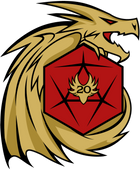It’s no secret that the character options in Dungeons and Dragons come from outside media. Legends, myths, movies, books, music, and games all inspire the classes and races that you can choose from when making your character – and in turn that lore has gone on to inspire countless more movies, books, games, and songs.
As such, when you go to make a character of your own, you have no dearth of sources to be inspired by. So much, in fact, that it can be a little tricky to know where to start looking.
Books to Inspire Bards
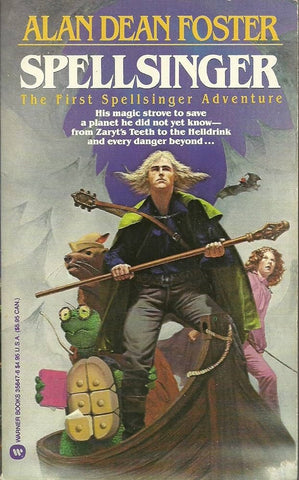
Despite not having an audio component, meaning you can’t actually hear any kind of music, books and novels have some of the best bardic characters in modern fiction. And not just the strictly-storytelling kind, either.
Here are some good novels to get started with for inspiring a bardic character:
- The Spellsinger Novels by Alan Dean Foster: A comedic fantasy series about a wannabe rock guitarist who finds himself in an unusual magical land. Luckily for him, he quickly learns that he can cast music with the aid of a magical instrument and the songs that he knows!
- The Harper Hall Trilogy by Anne Mccaffrey: A trilogy out of the Dragonriders of Pern, specifically focusing on bards and musicians, or ‘harpers’ as they are called. It’s not much of a stretch to imagine that these Harpers had some influence on the Forgotten Realms faction of the same name…
- Soul Music by Terry Pratchett: Terry Pratchett’s Discworld is world-renowned, and frequently touches on the topic of storytelling, and its importance in society and human life. Soul Music in particular tells the story of rock music coming into a fantasy world, and taking on a mind of its own. It’s a fun, comedic take on bards, magic, and music.
Movies to Inspire Bards
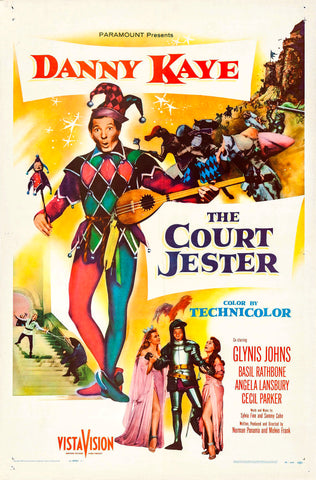
If books aren’t your things, that’s okay. Bards aren’t exclusive to written fiction, after all, and there are plenty of movies, plays, and television shows to spark your inspiration as well. While there are lots of modern works (like the recent DnD movie or the Witcher) that reference bards directly, there are some older, less known bits of media as well.
Here are some good places to start:
- The Court Jester: A 1955 Danny Kaye musical, in which a goofily charming young man infiltrates the court of a tyrannical king to save the rightful heir to the throne. Danny Kaye embodies a kind and humorous bard, who uses his music as a means of conveying secret messages, winning the approval of powerful people, and comforting those who need it most.
-
A Knight’s Tale: A not-quite adaptation of a medieval poem by the same name, this movie instead follows a young squire in his quest to enter and win a joust. It also features Geoffrey Chaucer, a fictionalized version of the original poem’s author, who bluffs and entertains his way through a variety of difficult predicaments.
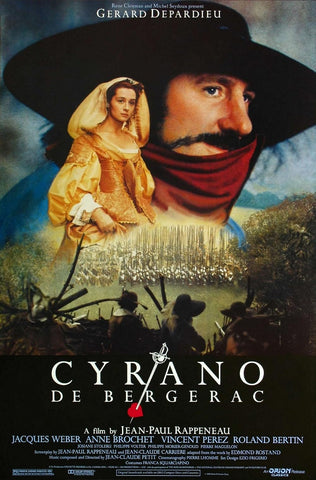
- Cyrano de Bergerac: A classic book, turned play, turned movie several times over, this is the story of perhaps the ultimate bard. Cyrano is all the things that you could want in an epic swashbuckling hero, with his sharp wit, fast reflexes, and unerring sense of honor. If only he wasn’t so insecure about his large nose, maybe he could bring himself to actually court his love instead of writing her love letters under his handsome friend’s name. It’s tragic, and beautiful, with a number of versions to choose from. Plus, his ‘tirade du noz’ and the ‘fencing ballade’ are the perfect examples of a bard in action.
Music to Inspire Bards
We’ve talked about bardic-style music before, in our article ‘Bardic Musicians for Dungeons and Dragons NPCs and Player Characters,’ and that music works as more than just a soundtrack. It can also serve as wonderful inspiration to make a character around – after all, what better way to conceptualize a bard than with the very music they’re going to be singing?
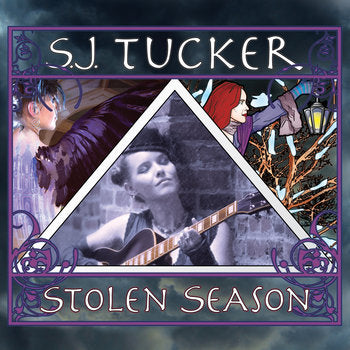
Pagan and Mythological Music
As mentioned in the above article, music from artists who write pagan and mythological-inspired songs makes for a natural and authentic fit for most fantasy campaigns. Not only do they sound like they could be sung by a bard in the Forgotten Realms, but their lyrical content also often reflects the same kind of fantasy and adventure that you’d expect.
The article above lists some personal favorites, like SJ Tucker, Heather Dale, James Alexander, and Damh the Bard. All of them have gorgeous and engaging discographies that cover a wide variety of legends and myths.
Filk Music
If you’d like something a little more explicitly fictional, you needn’t look much further than filk – fiction folk, aka folk music about books, movies, and media. This particular strain of music is commonly heard at LARPs, conventions, and other fandom-centric meetups. Whether it’s themed parodies of popular music or original folk songs about geeky characters, filk has a generally lighthearted but still thematically appropriate sound.
Some filk musicians I enjoy are Ken Theriot, Leslie Fish, Vix & Tony, Julia Ecklar, Eben Brooks, but there are hundreds of others out there, each with their own nerdy niche.
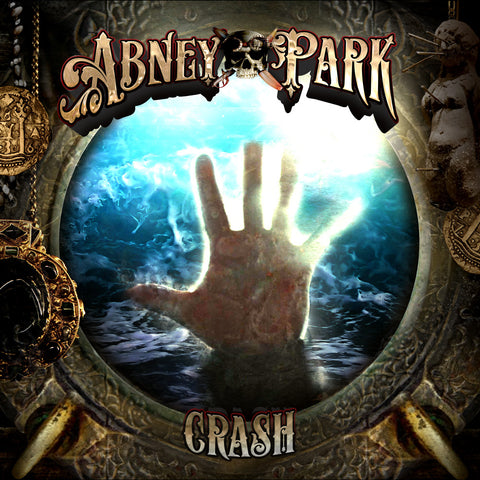
Pop, Rock, and Other Musicians
If you really don't care for the folk-and-mythology sounds of the musicians above, you can also find inspriation in more mainstream music. After all, people of write songs about the things they love. And musicians tend to love music!
Plus, there are plenty of more modern-sounding artists that still have lyrics about adventure, magic, and all the things that make for a great bard.
- Aurelio Voltaire: A sometimes-comedic goth musician perfect for an undead or Ravenloft campaign.
- Abney Park: A post-apocalyptic band with a varied sound and a huge discography, perfect for a steampunk, industrial, or apocalyptic campaign.
- Don McLean: a classic musician known as “the bard of New Jersey,” famous mainly for the song ‘American Pie.’ But his music goes far beyond his biggest hit, and his music in general makes for a great fantasy soundtrack if you choose the right songs.
Where do you generally find inspiration for your bardic characters? Did we miss a favorite source for you? Let us know in the comments below!
